Honey And Cinnamon Benefits: 16 Science-Backed Health Perks
These deliciously sweet ingredients can enhance your overall health and immunity!
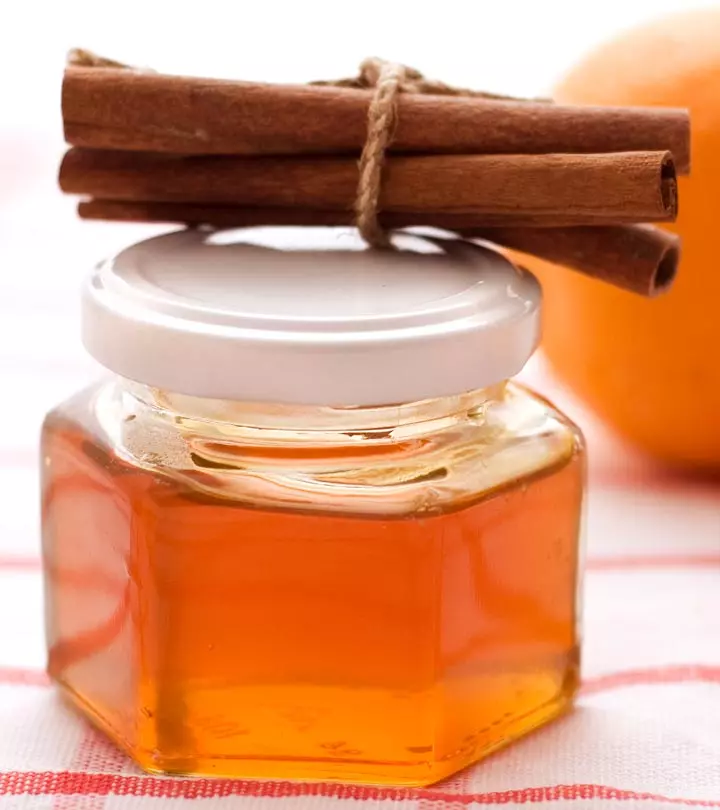
Image: i Stock
The many health benefits of cinnamon and honey make them necessary for your diet.
In various cultures, cinnamon and honey are have been used to treat various common ailments.
Honey is an amino acid-rich food with antibacterial and antifungal properties. It is useful for treating wounds and preventing infection and boosts energy levels.
Cinnamon contains powerful antioxidants, including phenolic compounds and flavonoids. These compounds possess anti-inflammatory, anti-diabetic, anti-cancer, and cardioprotective properties. Using them in basic cooking or even when baking desserts adds not only flavor, but also hidden health benefits.
This article discusses the benefits of honey and cinnamon, their nutritional profiles, and potential risks.
Take a look.
In This Article
Top 16 Honey And Cinnamon Health Benefits
Key Takeaways
- Cinnamon and honey may improve heart health and regulate blood sugar levels.
- The mixture has soothing properties that may treat wounds and infections.
- Consuming honey cinnamon tea may help reduce cholesterol levels.
- It also assists in weight loss and appetite suppression.
- However, honey may cause serious side effects like an allergic reaction or irritable bowel syndrome.
Why Is The Honey And Cinnamon Mixture Beneficial At All?
That’s the big question.
Why am I even writing about this mixture that is touted to possess superb benefits? And why should you even read it?
Why?
First things first. Both cinnamon and honey have been used since time immemorial. The history of honey dates back to the ancient Roman, Greek, Egyptian, and Vedic scriptures. Cinnamon has been an integral part of Ayurvedic and Chinese medicines for more than 2,000 years.
Which means both the ingredients have been in use for a long time. And which means they have benefits that work. And they have been working for millennia.
Numerous articles back in the 1990s have spoken highly of this combination. But, as years passed by, more and more health enthusiasts and scientists have been wondering if this combination is really what it appears to be.
Which is what we will see now.
Why Honey?
Let’s take a brief look at honey nutritional data.
Honey is 82% sugar by weight, of which about 40% is fructose. There are vitamins and minerals available in trace amounts. And then there are numerous antioxidants (1).
Honey benefits the body and at the same time, has certain ill effects too. Well, that is the case with almost any food you find in nature.
This liquid gold contains amino acids and possesses antibacterial and antifungal properties. It can fight infection and treat wounds. It is also known to boost your energy levels and improve scalp health. And it can even treat allergies.
But there is one ground rule – the darker the honey, the better. This determines the antioxidant content in the honey. For example, darker varieties like Buckwheat honey are much better than the lighter varieties. The difference in antioxidant content, in this regard, can be as much as 20 times.
We will go into the details of the combination of honey and cinnamon benefits a little later. But otherwise, honey is also known to treat acid reflux and infantile gastric issues – in addition to helping humanity in various other ways.
Why Cinnamon?
Read about these cinnamon benefits for health. Cinnamon is a powerful spice used for its excellent medicinal properties. In fact, as per a Hong Kong study, cinnamon ranks number 1 out of the 26 most popular herbs in terms of the antioxidant content (2).
The spice contains phenolic compounds and flavonoids that render it its anti-inflammatory, antidiabetic, anticancer, and cardioprotective properties (3).
Modern research states that cinnamon could also help treat flatulence, menstrual cramps, diarrhea, and upset stomach (4).
There are several other benefits, which, obviously, we will check a little later. But here’s a fun fact – cinnamon is so good that the sticks are used as toothpicks in Sri Lanka (5).
Talking about the benefits of the two, there is one thing that is important – it all depends on the type of honey or cinnamon you use. There are different varieties – but one variety of each overshadows the other.
Special Focus On Raw Honey And Ceylon Cinnamon
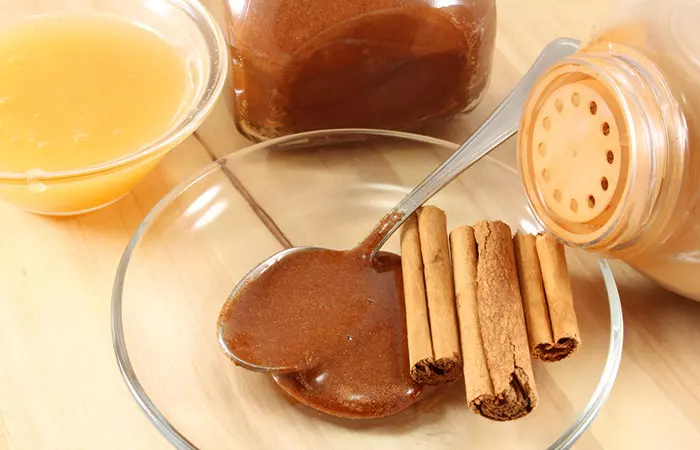
There are different types of honey. Two major ones are the raw and filtered. And there are two types of cinnamon – Ceylon and cassia. Let us see what is what and why one of the two is better than the other.
Types Of Honey
Honey has several varieties. But all of them largely fall into two types – raw or processed. In other words, unfiltered or filtered.
Raw honey, well, is raw. It doesn’t undergo any heat processing or filtration. It retains some of the natural pollen grains that are believed to have nutritious benefits.
We need to understand that honey is produced by honey bees from plant nectar and not pollen grains. Which is why finding pollen in honey is only incidental. The number of pollen grains in honey is so low that it doesn’t impact its nutritional content. At least, not much.
Raw honey contains bee pollen, honeycomb bits, broken bee wings, and propolis (also called bee glue, a gluey mixture that honey bees produce to seal the unwanted open spaces in the beehive). Raw honey also looks cloudy and unappealing. Bees are known to carry an electrostatic charge, which is believed to attract other important compounds into raw honey that can have certain benefits.
Filtered or processed honey undergoes a process before it is sealed into jars. This is to remove the “undesirables” from the raw honey. It looks like what you see on supermarket shelves – as a clear golden liquid that is easy to spread. Raw honey looks pretty unappealing. And it wouldn’t sell. Which is why it is processed and filtered.
Filtration is also done to ensure that honey stays liquid for a long time. Raw honey contains suspended particles and fine air bubbles that might accelerate crystallization. Filtration slows this down.
So, which of the two is better? Raw honey looks obvious. But there is conflicting evidence in this aspect – certain reports say raw honey is far more nutritious, and certain others say there is no big difference. However, you can always go for raw honey if you don’t really care about its appearance. It has the upper hand anyway. If you can’t find it, you can always go for honey that is darker in appearance.
Speaking of honey, there is one more variety called Manuka honey. This variety of honey is produced in New Zealand by bees that pollinate the manuka bush. Manuka honey, apart from containing hydrogen peroxide (a common component in all honey varieties), also has other antibacterial components (6). It also contains an ingredient with antimicrobial qualities, which is called the Unique Manuka Factor – it is so called as no one was yet able to discover the unique substance that renders it these qualities (7).
 Trivia
TriviaTypes Of Cinnamon
The two most widely known types of cinnamon trees are – Ceylon and cassia. One major difference between the two is that Ceylon cinnamon comes from Sri Lanka and Madagascar, while cassia comes from China and Indonesia.
Ceylon cinnamon emanates a very strong aroma, whereas cassia is less sweet and delicate. In terms of safety, the Ceylon variety seems to have the upper hand. Cinnamon contains a compound called coumarin, which was found to cause liver toxicity in certain cases (8). Ceylon cinnamon contains the least amount of coumarin, with the content being 0.017 grams/kg. Cassia cinnamon has 0.31 grams/kg.
Though cassia cinnamon is largely studied for its benefits, it is the Ceylon variety which, according to scientists, is safer in higher doses (9).
So, how do you differentiate between the two? Ceylon cinnamon is lighter in color; it tastes lighter and is less spicy. Cassia is darker; it has more fibrous looking layers and is usually spicy. And, by the way, it is hard to find Ceylon cinnamon in the market. Also, it is expensive.
 Did You Know?
Did You Know?And now, for the nutrient values…
Cinnamon And Honey – Nutritional Values
Nutrition Facts | |||
Daily Value (DV)% | |||
Ceylon Cinnamon | Honey | ||
| Total Fat | 2% | Total Fat | 0% |
| Cholesterol | 0% | Cholesterol | 0% |
| Potassium | 0% | Potassium | 5% |
| Sodium | 0% | Sodium | 1% |
| Total Carbohydrate | 1% | Total Carbohydrate | 93% |
| Protein | 0% | Protein | 2% |
| – | – | Calories | 52% |
| – | – | Dietary Fiber | 3% |
| – | – | Vitamin C | 3% |
| – | – | Riboflavin | 8% |
| – | – | Niacin | 2% |
| – | – | Vitamin B6 | 4% |
| – | – | Folate | 2% |
| – | – | Calcium | 2% |
| – | – | Iron | 8% |
| – | – | Magnesium | 2% |
| – | – | Phosphorus | 1% |
| – | – | Zinc | 5% |
| – | – | Copper | 6% |
| – | – | Manganese | 14% |
| – | – | Selenium | 4% |
And now, for the cinnamon and honey benefits…
Health Benefits Of Honey And Cinnamon Mixture
Check out here what is honey and cinnamon good for in detail.
1. Reduces The Risk Of Heart Disease
One of the best honey and cinnamon cures is good heart care. Honey contains various polyphenolsi A class of naturally occurring compounds found in plant-based food with disease-fighting properties. , like quercetin, galangin, and acacetin, that were found beneficial in the treatment of cardiovascular diseases (10). An Iranian study has stated that honey can help reduce abnormal or irregular heart crhythm (11).
It was found that the long-term treatment of rats with cinnamon had improved their cardiovascular profiles (12). Similar findings could be possible in humans.
As per the United States Department of Agriculture, a water-soluble extract of cinnamon contains antioxidative compounds that can help prevent heart disease (13). The inclusion of spices in food was also found to reduce the negative effects of consuming a fatty meal – this could eventually help prevent heart disease (14).
Cinnamon has been found to lower cholesterol levels in people with metabolic disorders (15). It can also be a good replacement for sugar and salt if you want to add flavor to your food.
How To Use
Take equal parts (or as required) of cinnamon & honey powder and make a paste. Spread this on wheat bread and include it in your breakfast.
2. Enhances Immunity
Oral honey is known to stimulate the production of antibodies that might enhance immune responses (16). The immunomodulatory properties of honey aid wound repair (17). This golden liquid also possesses important enzymes and anti-tumor properties.
Research says that honey can also heal partial thickness burn wounds – which could be the result of an enhanced immune system (18).
Honey can treat cough too, especially in children. As per a Vancouver study, a single dose of honey before bedtime can diminish cough in children and their parents as well (19). This, even when the over-the-counter medicines don’t give the desired results. The liquid can reduce cough severity and frequency.
In addition to cough, honey can also help treat cold – an ailment caused due to a weak immune system (20). Cinnamon contains a compound called cinnamaldehyde, whose moderate consumption was found to have preventive benefits – one of them being enhancing immunity and preventing the corresponding ailments (21).
How To Use
Add a pinch of cinnamon powder to a glass of lukewarm honey water. Take it in the mornings, especially in the cold seasons. Drinking cinnamon and honey mixture will also help clear your sinuses.
3. Treats Skin Infections
The mixture can treat numerous skin infections like tinea, dandruff, seborrheai A common, long-term inflammatory skin condition that causes red, itchy rashes and scaly patches. , and psoriasisi A chronic autoimmune skin condition that causes scales and itchy patches and skin inflammation. (22). It was also found that honey can fight against microbes that cause dermatological discomfort (23).
In another study, a newly formulated ointment containing 20% honey was found to have positive effects on skin wound infections (24).
The mixture, since it contains honey, can be sticky and helps remove dirt from the skin (25). This can help heal acne.
The cinnamon in the mixture can facilitate a process called collagen biosynthesis, which was found useful for the antiaging treatment of the skin (26). The antioxidant and anti-inflammatory properties of cinnamon can make the mixture ideal for treating sclerodermai A group of rare, chronic autoimmune diseases that harden and tighten the skin and connective tissues. (27). This mixture can also cure eczema, ringworm, and numerous other types of skin infections (28).
How To Use
Mix 1 part cinnamon powder with 3 parts honey and use it as a face mask. It cleanses your pores.
And for treating acne, this is what you can do. Take 3 tablespoons of Manuka honey and 1 tablespoon of cinnamon and make a paste. Microwave for 30 seconds (it shouldn’t be too hot, by the way) and apply the mask to your face. Leave it on for 10 minutes. Rinse and pat your face dry with a soft towel.
4. Helps Treat Inflammation And Arthritis

The honey-cinnamon mixture contains numerous antioxidants and flavonoidsi A group of natural substances found in fruits and vegetables with beneficial anti-inflammatory properties. that help treat inflammation (29). This mixture is also known to aid arthritis treatment. You need to simply apply the mixture to the affected areas.
The cinnamon in this mixture can be useful for treating age-related inflammatory conditions (30). It can also reduce the inflammation of the colon (31).
How To Use
Mix equal parts of cinnamon powder and honey and apply the mixture to the affected area. You can also add a little bit of apple cider vinegar for better results.
5. Is Good For Diabetes
As per a study, honey supplementation in diabetics helped reduce body weight (32). It has been found that anti-diabetic drugs, when taken along with honey, help improve glycemic control (33).
The honey in the mixture can help heal diabetic wounds too – such as diabetic foot ulcers (34), (35).
However, some caution needs to be exercised while using honey for diabetes. Certain studies have shown higher levels of hemoglobin A(1c), which indicates poor control of blood sugar levels (36).
As per a study, the cinnamon present in this mixture can help people with type 2 diabetes as it reduces the various risk factors associated with the disease (37). Cinnamon was also found to reduce postprandial (during or after dinner or lunch) blood glucose levels – and this might benefit diabetics in some way (38).
How To Use
You can mix equal parts of honey and cinnamon powder till you get a paste. Spread this paste on your toast or mix it in your juice.
6. Helps Treat Bladder Infections
This could be something unheard of before. Probably. The honey in the mixture is an effective agent to inhibit the growth of certain bladder cancer cell lines (39). Another study states the efficacy of manuka honey in combating urinary tract infections (40).
Another reason honey can help treat urinary tract infections is its antibacterial properties (41).
The cinnamon in the mixture is no less. The spice is proven to suppress the bacteria that cause urinary tract infection (42).
How To Use
Mix two teaspoons of cinnamon and one teaspoon of honey with a glass of warm water. Consume it once a day. This must help relieve the bladder infection. If the infection is too severe, you can substitute water with cranberry juice (43).
7. Helps Treat Indigestion And Other Gastric Issues
Honey has been used since ancient times to relieve indigestion and other gastrointestinal issues (44). This is because it soothes the membranes of the digestive tract. It is also quickly absorbed and offers maximum energy with minimal digestive work. Honey stops the the growth of Helicobacter pylori, which is supposed to be the major cause of indigestion (45).
Honey also helps in the secretion of digestive juices – another reason this mixture can work well for treating indigestion (46).
Gastric issues can also arise when there is an imbalance in the gut bacteria. As per an Egyptian study, honey has been found to improve the gut bacteria – thereby preventing any potential gastric issues (47). Another study has proved that manuka honey can help cure gut ulcers (48).
The cinnamon in the mixture, as per studies, has properties that can relieve heartburn and stomach cramps (49). Cinnamon has also been found to lower the stomach temperature. It reduces stomach gas by decreasing the secretion of gastric acid from the stomach walls (50). In fact, including this cinnamon mixture in your diet can reduce your stomach temperature by 2o C (51).
Another report suggests the ability of cinnamon in treating dysmenorrhea, painful menstruation involving abdominal cramps (52).
How To Use
Sprinkle a pinch of cinnamon powder on two tablespoons of honey. Take this mixture before your meals.
Anuja Pandey, a blogger, shares her experience of mixing cinnamon powder, lemon juice, and some honey in a glass of warm water every morning to treat her digestive problems. She writes, “I started using this a month ago, and the difference I see is amazing. I can’t tell you how calm my stomach feels. If you have a bloating problem like I used to, this is something I suggest every day in the morning (i).”
8. Helps Lower Cholesterol
According to the University of Pittsburgh Medical Center, both honey and cinnamon possess cholesterol-lowering properties. As per some evidence, intaking honey might result in small decreases in the cholesterol levels of diabetes patients (53). In fact, just half a teaspoon of cinnamon a day was found to lower cholesterol levels in type 2 diabetes patients (54).
How To Use
Mix 2 tablespoons of honey and 3 teaspoons of cinnamon powder with around 470 ml of tea water. Take this mixture in the mornings.
9. Cinnamon And Honey For Weight Loss

You can use cinnamon and honey for weight loss. Apart from exercise and proper diet habits, obviously. As per a San Diego study, honey can reduce weight gain and adiposity (the property of fat gain) (55). The cinnamon in the mixture is known to suppress appetite, which can indirectly contribute to weight gain.
How To Use
Take 1 tablespoon of honey, 1 teaspoon of cinnamon, and 1 cup of filtered water. Boil the water. Add the cinnamon in a separate bowl. Pour the hot water over the cinnamon, and let it steep for 15 minutes. Once the liquid cools down, add honey to it. You can drink this mixture twice a day – once in the morning, and once in the evening. Take it on an empty stomach.
10. Helps Treat Infertility
Honey has been considered a conception aid for a long time. Consuming honey might also stimulate the ovaries, and the minerals and amino acids it contains might enhance the reproductive system.
Coming to the cinnamon in the mixture, the condiment was found to improve menstrual cycles and help ease a common cause of infertility (56). Also, cinnamon was one of the major ingredients of a medicinal plant mixture that was found to improve male fertility (57).
How To Use
Mix cinnamon with a small amount of honey to make a paste. Spread the paste over your gums – your body will slowly absorb it.
11. Maintains Hair Health
According to a UAE study, raw honey can improve dandruff and the associated hair loss (58). Honey was also found to combat hair loss that was associated with menopause (59). Talking about cinnamon, though there is no concrete evidence, the spice is believed to prevent hair loss.
How To Use
Take equal parts of honey and cinnamon powder and mix with warm olive oil. Before shampooing, massage this warm mix into your hair and leave it on for 15 minutes. Shampoo your hair.
12. Helps Cure Bad Breath
The intake of honey was found to suppress the odor of garlic (60). And bad breath associated with ‘Qi-stagnation syndrome’ (a phenomenon linked to the dysfunction of the organs) was found to be treated with cinnamon bark (61). In case you are using cinnamon oil in your mixture, it would work well too.
How To Use
Mix one teaspoon of honey and a pinch of cinnamon powder with warm water. Gargle the mixture first thing in the morning.
13. Offers Energy Boost

If you have the habit of chewing gums laden with artificial sweeteners, you have a wonderful alternative – the honey-cinnamon mixture. Because the sugar in honey was found to provide far more energy than the regular artificial sweeteners (62).
Honey is also a great natural source of carbohydrates. It provides energy and instantly boosts performance. It also enhances endurance and prevents fatigue during exercise (63).
How To Use
Mix equal parts of honey syrup and cinnamon powder and have it in the morning as part of breakfast, or even use it as a spread for toast.
14. Prevents Allergies
One study says that a high dose of honey helps improve the symptoms of allergic rhinitis (inflammation of the mucous membrane of the nose) (64).
Though research is limited in this regard, one report says that honey contains flower pollen (an allergen) that can be used to treat the related allergies (65).
How To Use
One simple way is to mix equal parts of honey and cinnamon powder and consume it in the morning. If it’s a skin allergy, you can apply the same to the affected area.
15. Cures A Sore Throat
According to a report published by the University of Maryland Medical Center, honey can be used as a remedy for a sore throat (66). Limited research is available about cinnamon and its ability to cure a sore throat. However, it doesn’t cause it – and hence, including it in your mixture would only benefit you in one way or the other.
How To Use
Simply swallowing a teaspoon of honey in the morning can make your throat feel better.
16. Helps Treat Asthma
In one study, honey was effective in treating and managing asthma in rabbits. Similar results were found to be possible in humans (67). This might be because honey contains a small amount of pollen. When this pollen is ingested by the human body, it triggers the immune system and produces antibodies. Hence, if a person contracts asthma after getting exposed to smoke or pollen, the antibodies help improve the symptoms of asthma (68).
But, talking about cinnamon, there is something to be kept in mind – cinnamon can also act as an allergen and trigger asthma. Hence, use this mixture with caution. If there is any indication of the symptoms worsening, exclude cinnamon and use honey alone.
How To Use
Mix 1 teaspoon of honey with ½ teaspoon of cinnamon powder. Have the mixture at night before going to bed and in the morning on an empty stomach. Repeat regularly.
If the cinnamon is causing problems, you can use a simple mixture of honey and water. Heat 250 ml of water and stir in 1 teaspoon of honey. Consume thrice a day.
Now that you have learned about the many health benefits of honey and cinnamon, the next section covers some easy ways to incorporate them into your daily meals. Read on!
How To Incorporate Honey And Cinnamon Into Your Diet
- Stir a teaspoon of honey and a dash of cinnamon into warm water for a soothing start to your day.
- Add honey and cinnamon on top of granola, yogurt, or porridge.
- Sprinkle honey and cinnamon over popcorn, roasted nuts, or baked apples.
- Toss roasted sweet potatoes or carrots with honey and cinnamon.
- Whisk honey and cinnamon into olive oil, vinegar, and mustard for a unique salad dressing.
That’s about the formidable combination of cinnamon with honey. And like anything else you find in nature, this thing also needs to be taken with certain precautions in mind.
Precautions
For Honey
Intoxication
Honey might cause second-degree heart block due to intoxication. This could happen especially with immigrants (69). Though the exact reasons are unknown, care must be taken.
Might hurt the male reproductive system
Yes, we have seen honey can improve fertility in males. But that’s one side of the coin. Chronic and prolonged consumption of honey could harm the male reproductive system (70).
Might be harmful to babies
Honey is not recommended for kids below 1 year of age for the risk of exposure to C. botulinum spores, a type of bacterium (71). Honey contains another type of bacterium called Clostridium. Though the amount of it is very less, it is only the adults that can digest this without side effects. Not the kids. Hence, keep honey away from children under 1 year of age.
Might trigger irritable bowel syndrome
Irritable bowel syndrome is also caused by a group of poorly digested fibers and sugars called FODMAPs. And honey is one of the most common food sources of FODMAPs (72).
Allergies
Yes, we have seen that honey can help treat allergies. But this information is derived only from a small set of studies (73). The results of some have been inconsistent in this regard, and we don’t really know how successful honey ingestion can be for treating allergies.
Infographic: Recipe For Cinnamon Honey Tea
Both honey and cinnamon have numerous health benefits. While you can take them by the spoonful, there are various different ways to enjoy their taste and get the benefits at the same time. One such way is to prepare cinnamon honey tea, which is fantastic any time of the year, but especially great during winters.
Check out the infographic to find the easiest way to brew the perfect cup of cinnamon honey tea.
Some thing wrong with infographic shortcode. please verify shortcode syntax
The combination of honey and cinnamon has a multitude of benefits. The two ingredients exhibit antibacterial, anti-fungal, anti-cancer, and anti-inflammatory properties. They may help reduce the risk of heart disease, enhance immune health, treat several skin infections, treat arthritis, and heal diabetic wounds. However, prolonged intake of honey might hurt the male reproductive system and trigger irritable bowel syndrome. Hence, be wary of the dosage while using it.
Frequently Asked Questions
Are honey and cinnamon good for kidneys?
Yes. Consuming honey may help one regain kidney function. It also may repair kidney damage in some cases. Cinnamon has strong kidney-protective properties (74), (75).
Are honey and cinnamon good for your liver?
Yes. Honey helps repair liver tissue damage, and cinnamon helps in the treatment of nonalcoholic fatty liver disease (76), (77).
How can honey and cinnamon be used to naturally sweeten food and drinks?
Cinnamon and honey together make for a great flavourful substitute for refined sugar. You can add it to cakes and other baked items, or use it to flavor your tea, sweets, savories or even use it for cooking meat.
Illustration: Honey And Cinnamon: Health Benefits And Nutritional Value
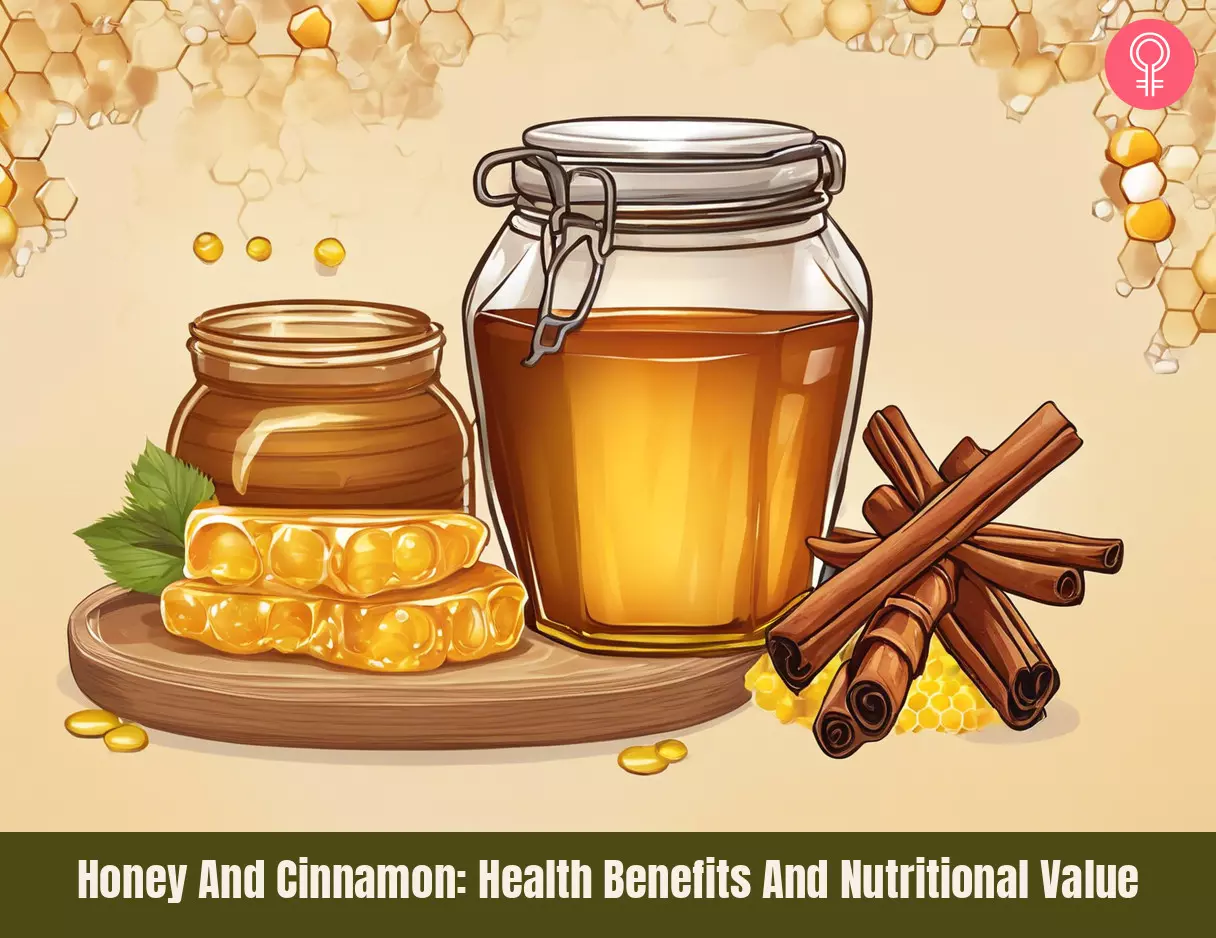
Image: Stable Diffusion/StyleCraze Design Team
Start your day with a teaspoon of honey and cinnamon for amazing health benefits! Discover how this simple combination can improve your health by clicking on the video below.
Personal Experience: Source
StyleCraze's articles are interwoven with authentic personal narratives that provide depth and resonance to our content. Below are the sources of the personal accounts referenced in this article.
i. Start your day with Cinnamon water, Lemon, and honey if neededhttps://anujapandey423109629.wordpress.com/2025/04/10/start-your-day-with-cinnamon-water-lemon-and-honey-if-needed/
Read full bio of Joel Kahn
Read full bio of Ravi Teja Tadimalla
Read full bio of Arshiya Syeda
Read full bio of Aparna Mallampalli






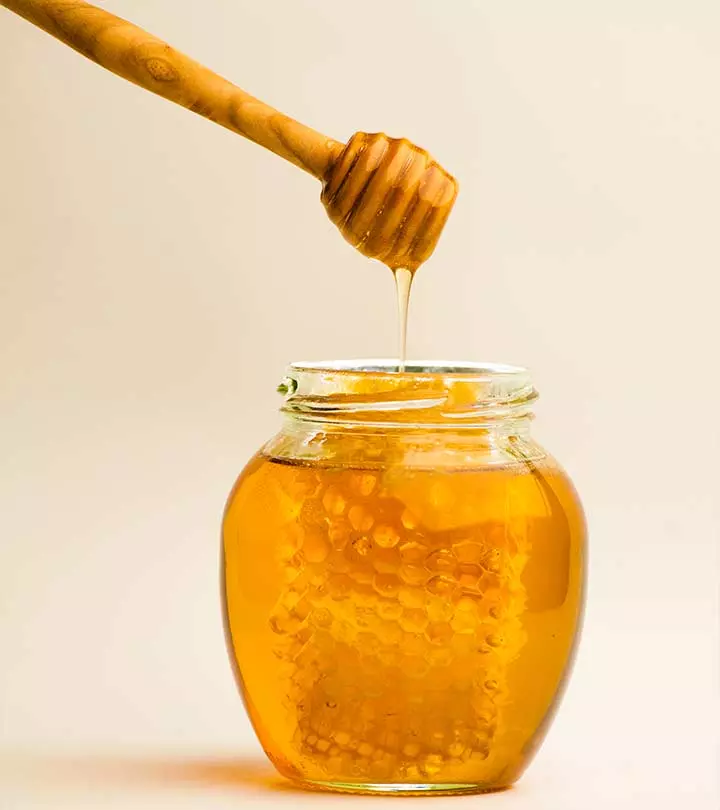
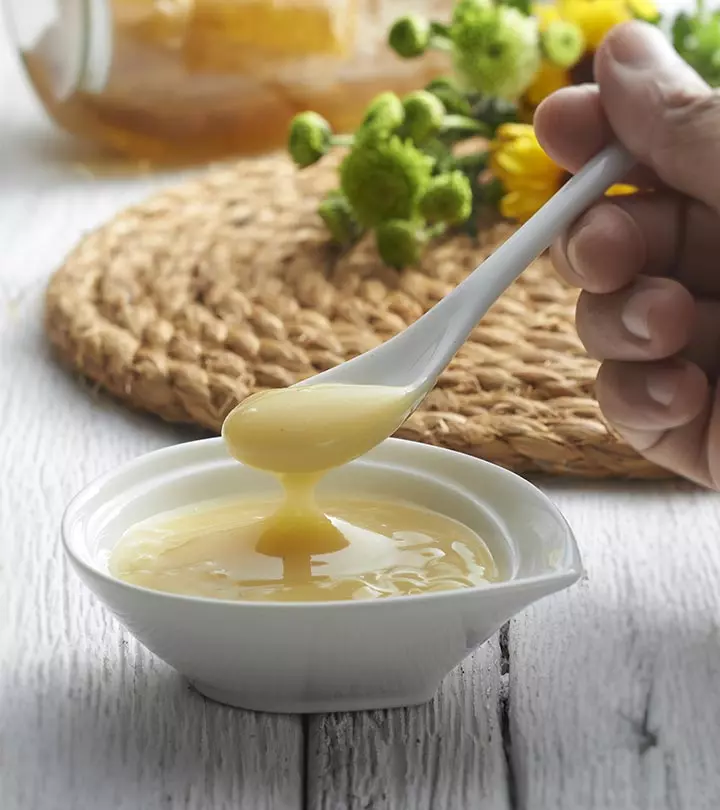
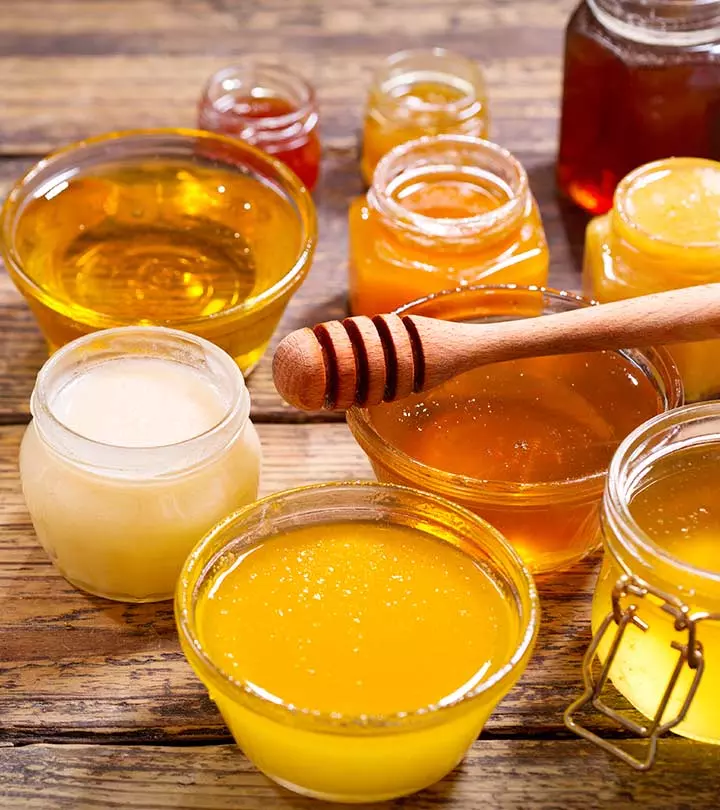
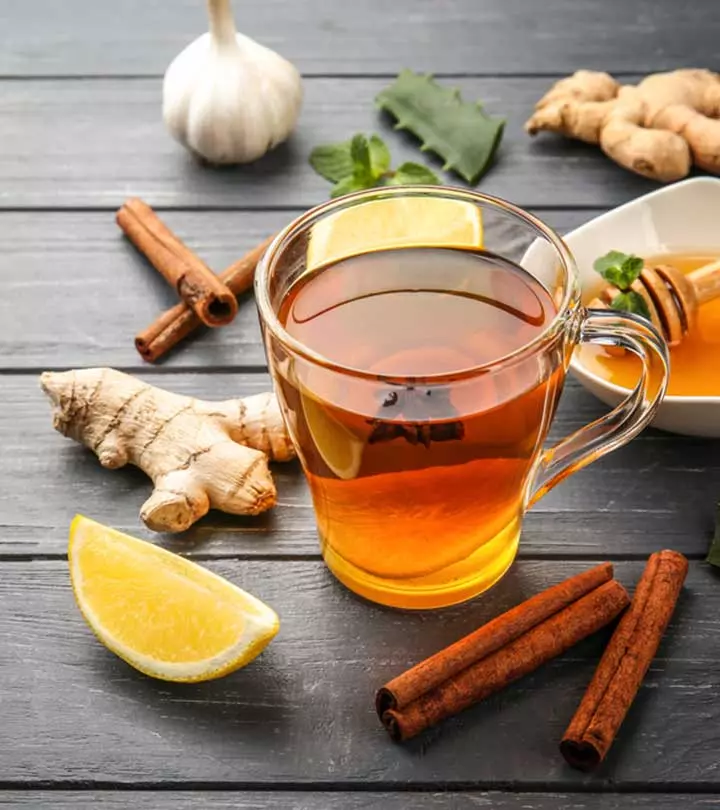

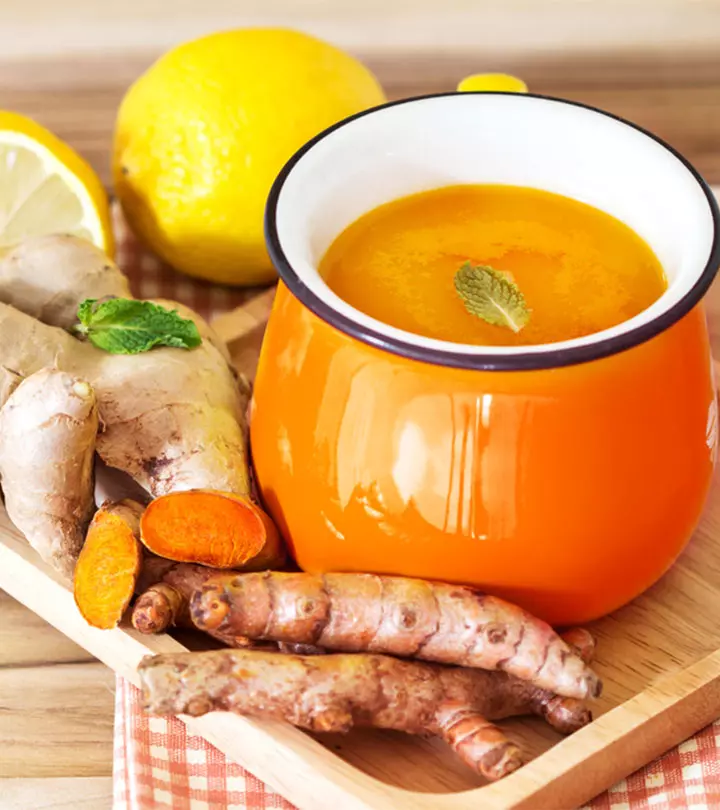
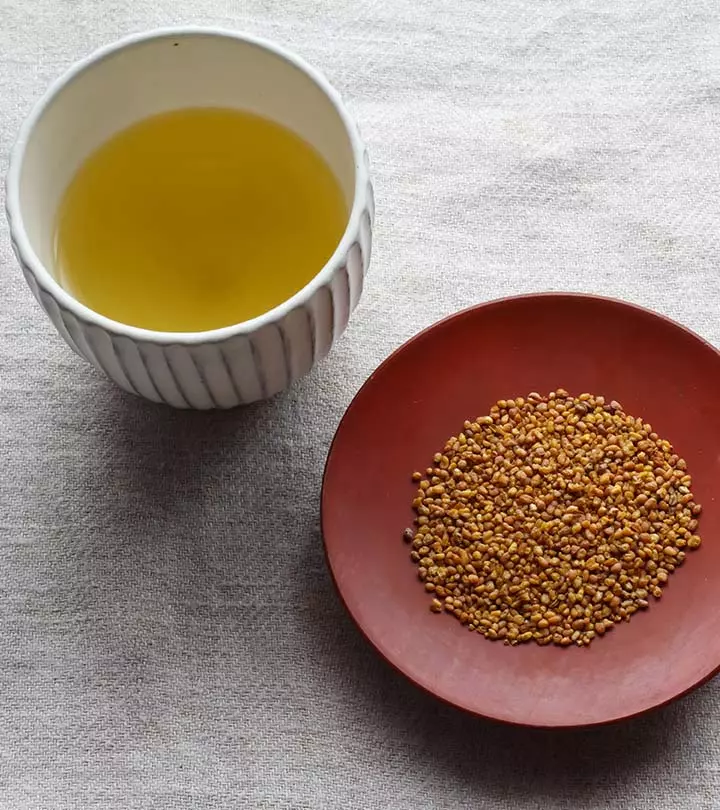
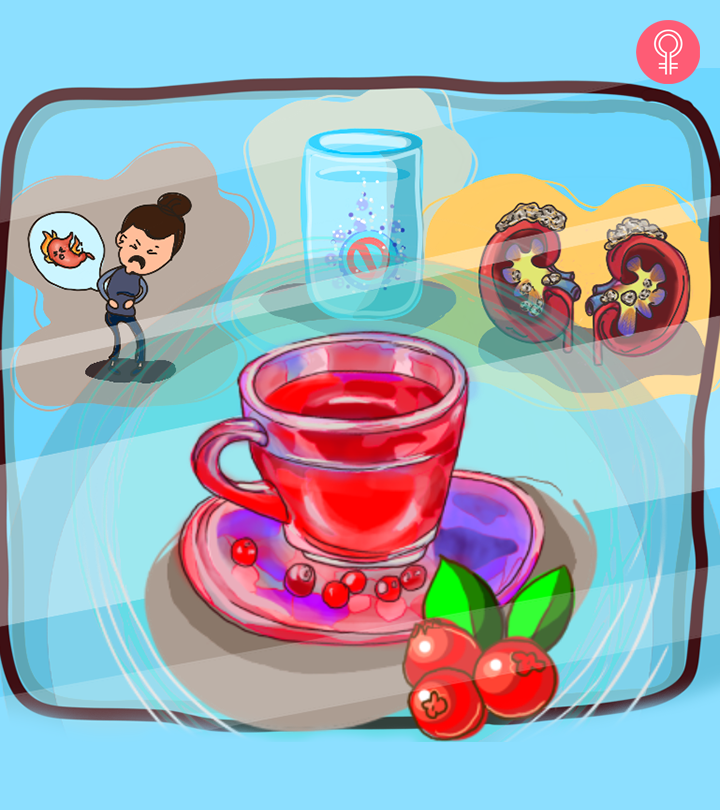
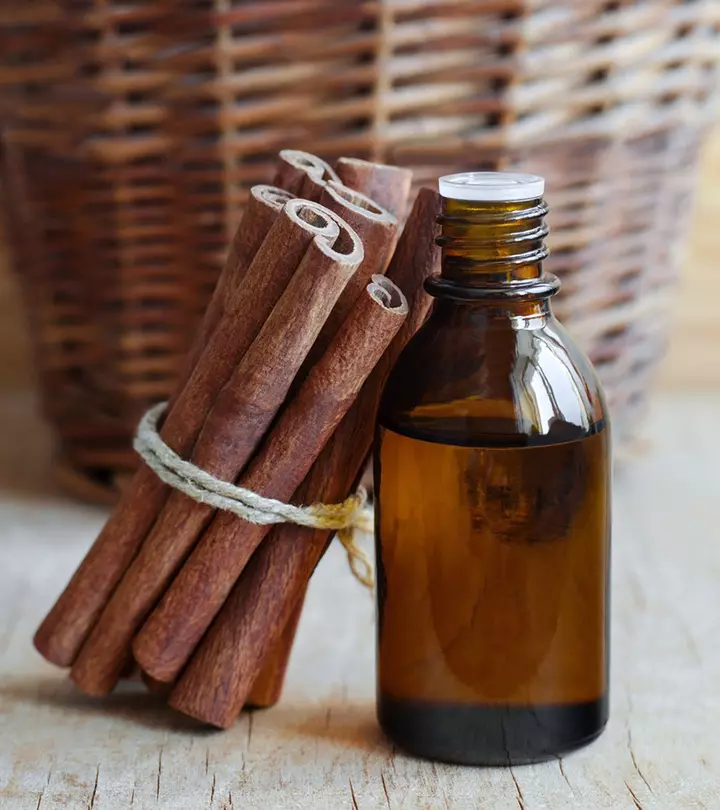
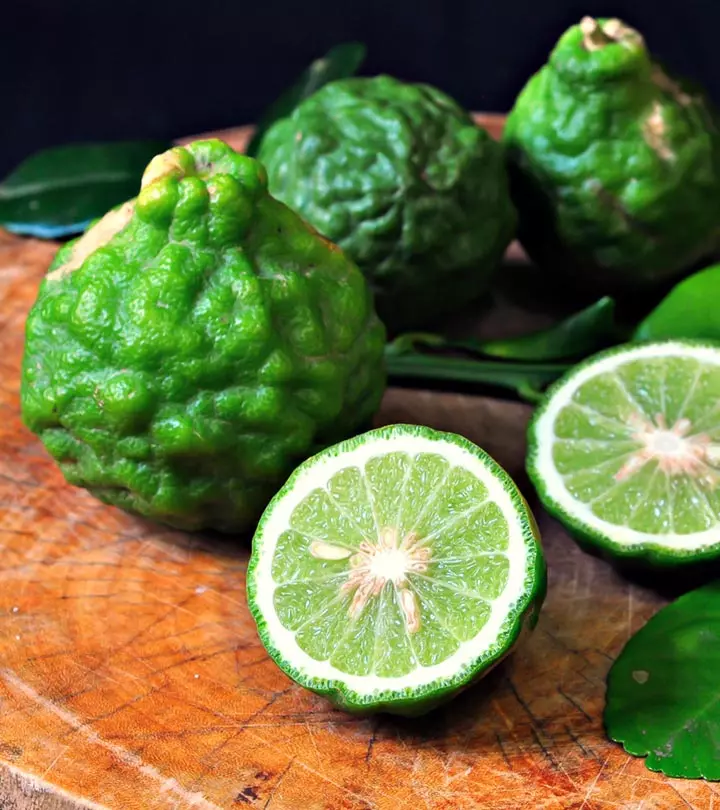

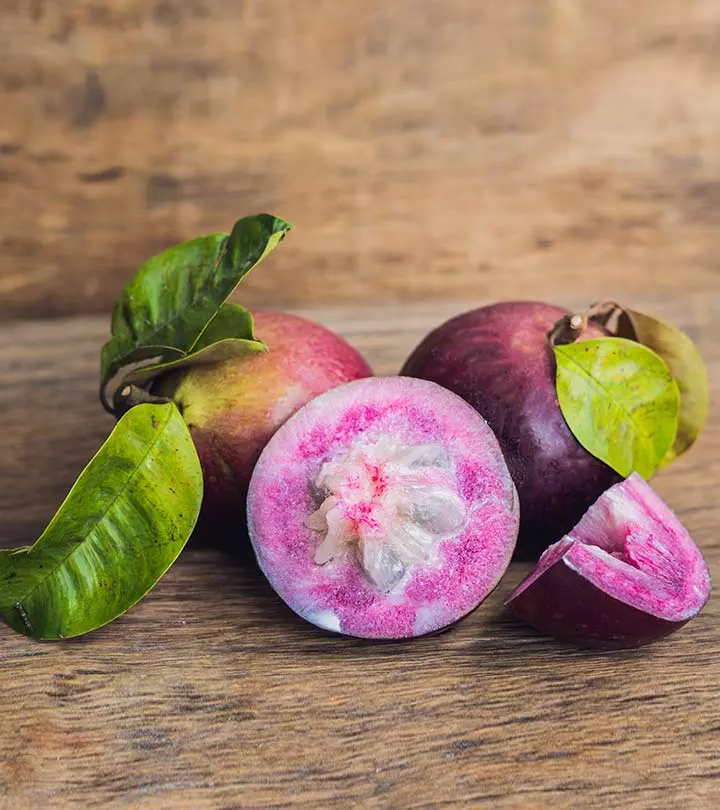
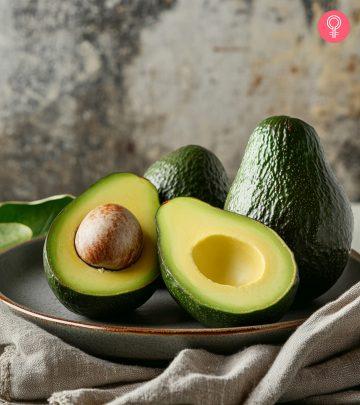
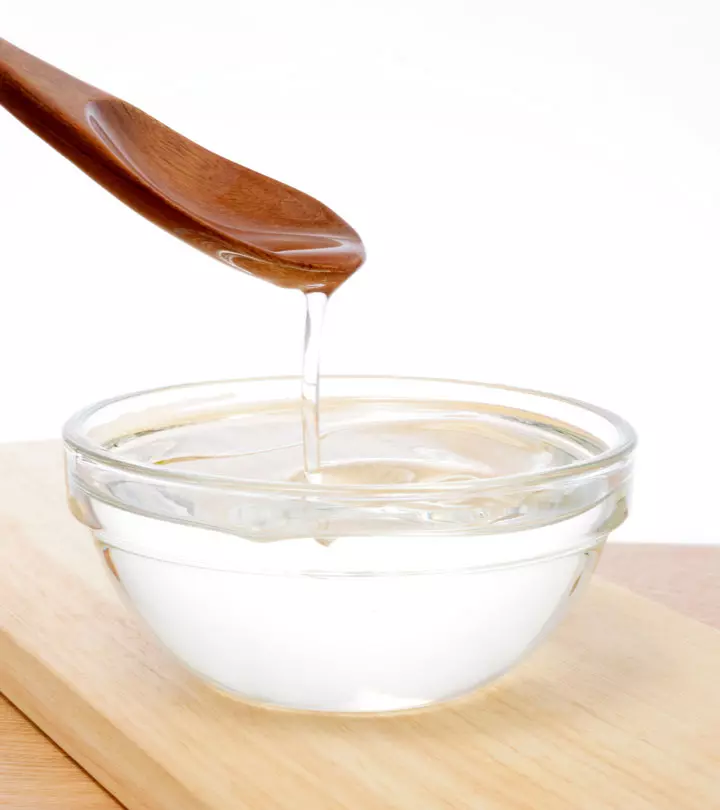
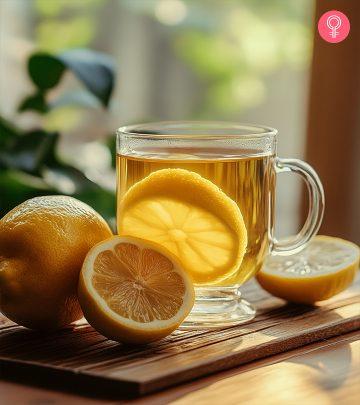
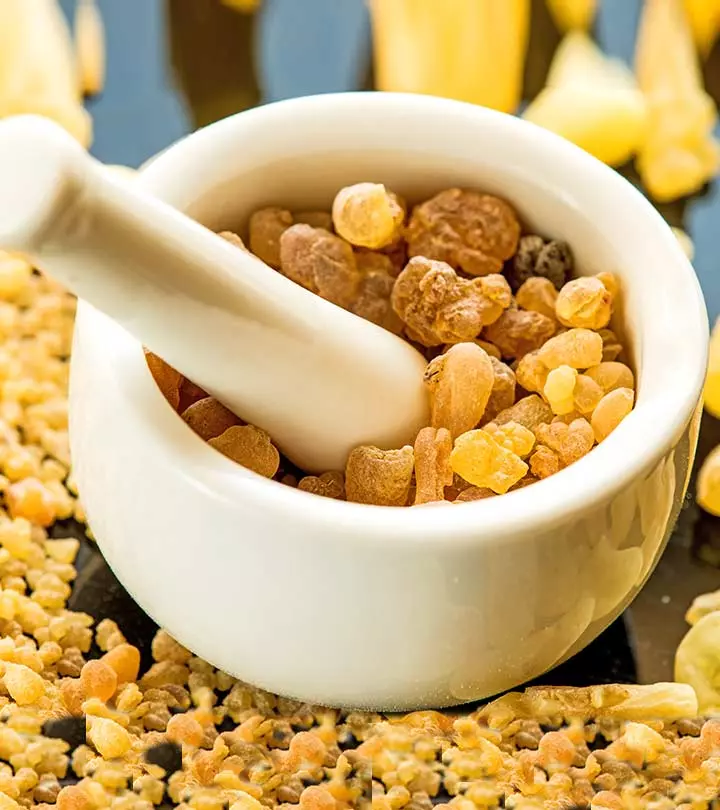




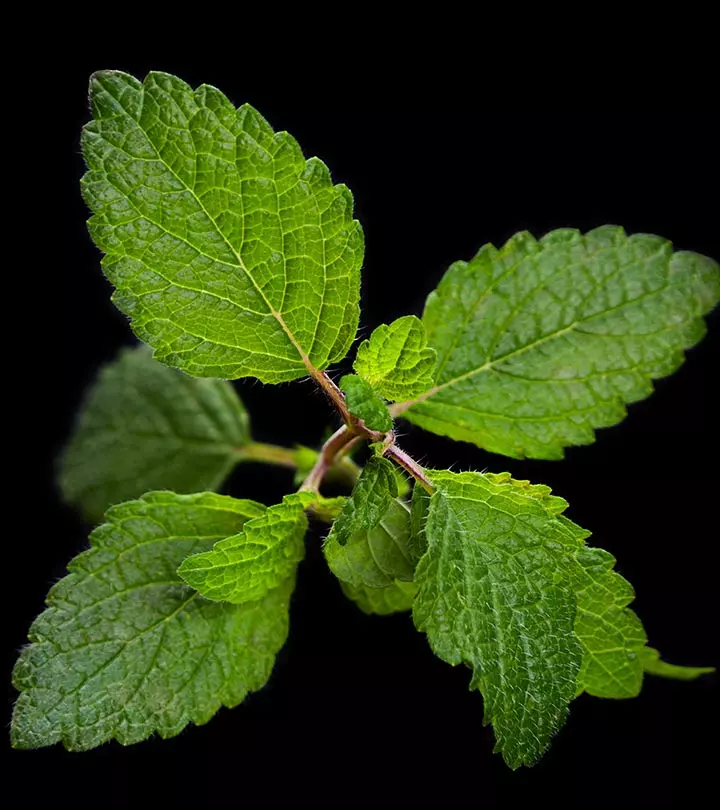
Community Experiences
Join the conversation and become a part of our empowering community! Share your stories, experiences, and insights to connect with other beauty, lifestyle, and health enthusiasts.